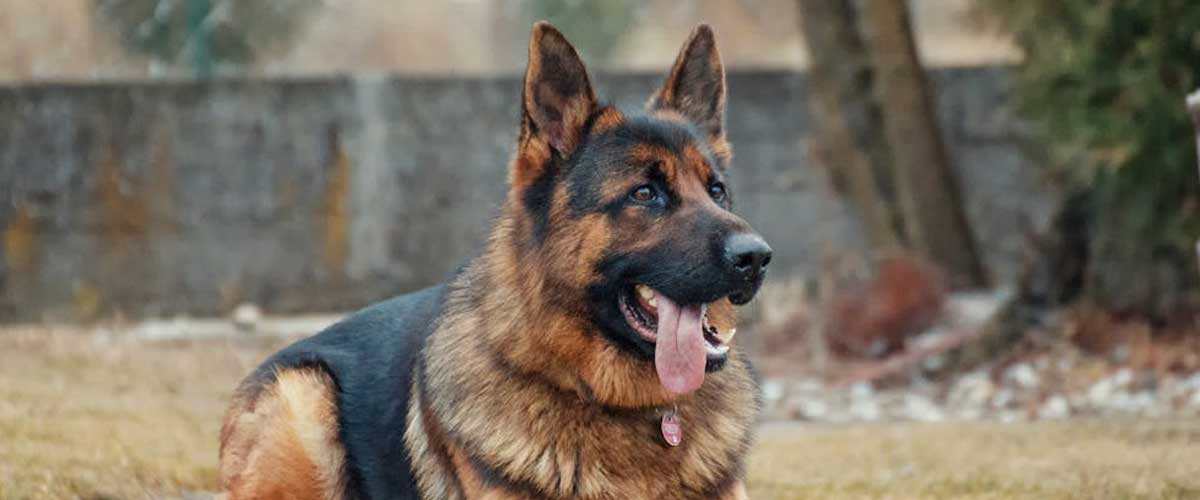The German Shepherd is one of the most recognizable dog breeds in the world, known for its intelligence, loyalty, and versatility.
Originating in Germany in the late 19th century, this breed was developed primarily for herding and protecting sheep.
Today, the German Shepherd has become a favored choice not just as a companion animal but also as a working dog in various fields, including law enforcement, military service, search and rescue, and service roles for individuals with disabilities.
Physical Characteristics
German Shepherds are large, strong dogs with a well-proportioned build.
Males typically weigh between 65 to 90 pounds and stand 24 to 26 inches tall at the shoulder, while females are slightly smaller, weighing 50 to 70 pounds and standing 22 to 24 inches tall.
Their double coat typically consists of a dense outer coat and a softer undercoat, which comes in various colors, including black and tan, sable, and all black.
The breed is known for its distinctive features, including erect ears, alert expressions, and a strong, muscular body.
Temperament
German Shepherds are renowned for their intelligence and trainability.
They are quick learners and can be taught a variety of commands and tricks.
This makes them excellent candidates for obedience training and working roles.
The breed is naturally protective and has a strong loyalty to its family.
They are known to be good with children when properly socialized and can be excellent family pets.
However, their protective instincts mean they need early socialization and consistent training to ensure they are well-adjusted and comfortable in various situations.
Exercise and Care
Due to their high energy levels, German Shepherds require regular exercise to stay happy and healthy.
Daily walks, play sessions, and mental stimulation through training or interactive toys are crucial to prevent boredom and undesirable behaviors.
The breed is best suited for active families or individuals who can dedicate time to physical activity.
In terms of grooming, German Shepherds have a shedding season, and regular brushing helps manage loose fur.
Bathing should be done as needed, and regular check-ups with a veterinarian are important to monitor their overall health.
Health Considerations
Like many breeds, German Shepherds can be prone to specific health issues.
Some common concerns include hip dysplasia, elbow dysplasia, and degenerative myelopathy.
Responsible breeding practices can help minimize the risk of these conditions, so it’s important to choose breeders who prioritize the health and welfare of their dogs.
Conclusion
The German Shepherd is an exceptional breed that thrives on companionship and purpose.
Their intelligence, loyalty, and versatility make them ideal family pets, working dogs, and service animals.
Prospective owners should be prepared to invest time in training, exercise, and socialization, ensuring that these magnificent dogs lead fulfilling lives.
With proper care and attention, German Shepherds can be loving and devoted companions for many years, enriching the lives of their families while serving in various capacities that showcase their incredible abilities.









